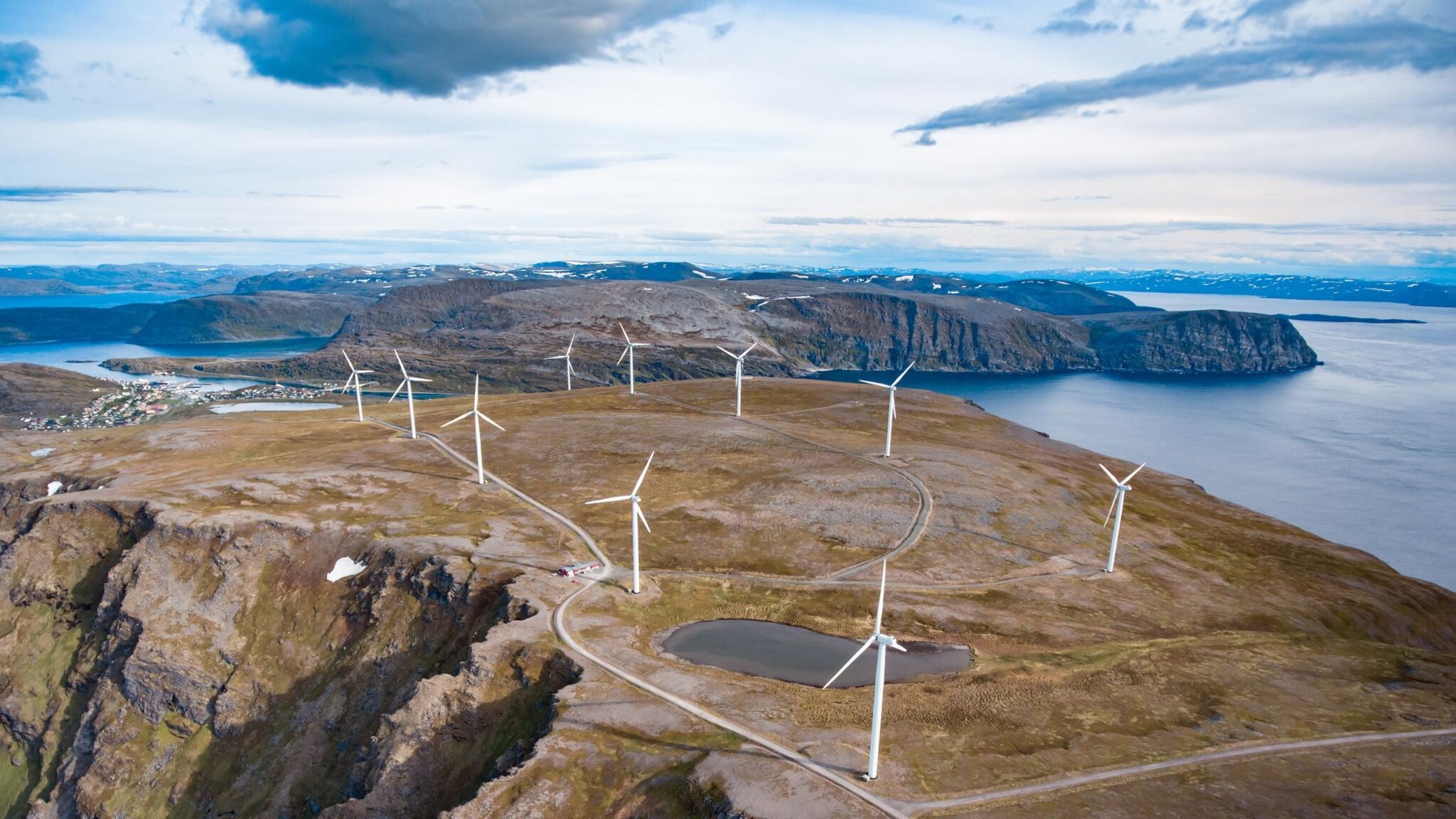Off grid living accessories represent more than just tools; they’re the building blocks of a self-sufficient and fulfilling lifestyle. Embark on a journey into the heart of sustainable living, where ingenuity meets necessity, and discover how the right equipment can transform your off-grid experience from a challenge into an adventure. This guide explores everything from harnessing renewable energy to ensuring safe sanitation, empowering you to create a comfortable and resilient home far from the grid.
We’ll delve into the practical aspects of power generation, water management, waste disposal, food preservation, and shelter construction, providing detailed insights and actionable advice. Learn how to choose the best solar panels, build a rainwater harvesting system, and create a sustainable composting toilet. We’ll also cover essential safety measures and communication strategies for remote living, ensuring you’re prepared for any situation.
Ultimately, this guide aims to equip you with the knowledge and confidence to build a thriving off-grid existence.
Waste Management & Sanitation: Off Grid Living Accessories
Embracing off-grid living necessitates a thoughtful approach to waste management and sanitation, minimizing environmental impact while ensuring personal health and comfort. Effective systems are crucial for a sustainable and enjoyable off-grid experience, requiring careful planning and execution. This section details practical solutions for composting toilets, greywater recycling, and safe waste disposal.
Composting Toilet System Design and Construction
A composting toilet offers a sustainable alternative to traditional flush toilets, perfectly suited for off-grid environments. This system relies on natural decomposition processes to break down human waste, creating a valuable compost for gardening. The key components include a composting chamber, a ventilation system, and a separation mechanism to manage liquids.A simple design involves a two-bin system. The first bin houses the waste, which is layered with sawdust, wood chips, or other carbon-rich materials to accelerate decomposition and manage odor.
After several months, the partially composted material can be transferred to a second bin for further curing and maturation. The ventilation system, crucial for odor control, can be achieved using a simple pipe extending from the chamber to the exterior. The separation of liquids can be done by a simple filter system that collects liquid in a separate container, that can later be used for composting or other non-potable uses.
Materials for construction could include readily available lumber, concrete, or even repurposed materials. Proper sizing depends on the number of users and the frequency of use. For example, a family of four might need a significantly larger system than a single individual.
Greywater Management in Off-Grid Settings, Off grid living accessories
Greywater, the wastewater from sinks and showers, contains less harmful bacteria than blackwater (toilet waste) and can be safely recycled using appropriate methods. Proper greywater management conserves water and reduces the burden on septic systems or other water treatment facilities. This practice can significantly decrease the water usage of an off-grid dwelling.Several methods exist for greywater recycling. A simple system involves using a series of filters and settling tanks to remove solids and reduce the bacterial load.
This treated water can then be used for irrigation, watering plants, or flushing toilets (if not used for drinking water preparation). For example, a simple sand filter followed by a gravel filter can effectively remove larger particles. The use of natural materials, such as gravel and sand, avoids the use of costly and hard-to-maintain mechanical filters. Regular maintenance, including cleaning and filter replacement, is essential to prevent clogging and ensure efficient operation.
It’s crucial to note that greywater should never be used for drinking or food preparation.
Safe and Effective Waste Disposal Techniques
Responsible waste disposal is paramount in off-grid settings, preventing pollution and protecting the environment. Proper techniques ensure the safety of both the environment and inhabitants. Careful planning and appropriate methods are needed to handle various waste types effectively.Waste segregation is the first step. Separating recyclables (such as glass, plastic, and metal) from organic waste (food scraps, yard waste) and non-recyclable trash is crucial for efficient management.
Organic waste can be composted, while recyclables can be transported to a recycling center or reused. Non-recyclable waste should be minimized through careful consumption habits and stored in sealed containers until disposal. In remote locations, burning non-recyclable waste may be necessary, but this should be done responsibly, with appropriate safety precautions and in a designated area, avoiding air pollution.
For example, a designated burn pit, located away from buildings and vegetation, can minimize the risk of fire hazards and air pollution. Proper disposal of hazardous waste, such as batteries and chemicals, requires special attention and often involves transporting them to designated collection points.
Stepping into the world of off-grid living is a commitment to self-reliance and a deeper connection with nature. This journey, while challenging, is incredibly rewarding. By carefully considering the accessories discussed—from energy solutions to sanitation systems and emergency preparedness—you can create a comfortable, sustainable, and fulfilling life beyond the confines of the power grid. Embrace the adventure, equip yourself wisely, and discover the freedom and independence that await you in the off-grid world.
Remember, preparation is key; the right accessories are your allies in this exciting endeavor.
Answers to Common Questions
What’s the best way to purify rainwater for drinking?
Boiling is the most reliable method. Alternatively, use a high-quality water filter with a UV sterilizer.
How do I deal with pests in an off-grid setting?
Maintain cleanliness, store food properly, use natural pest repellents, and consider physical barriers like screens and traps.
What are some low-cost off-grid heating options?
Wood-burning stoves, passive solar heating, and efficient insulation are cost-effective choices.
How can I stay connected in a remote location?
Satellite phones, two-way radios, and mesh Wi-Fi networks are options depending on your budget and needs.
Browse the implementation of 12v off grid living in real-world situations to understand its applications.


